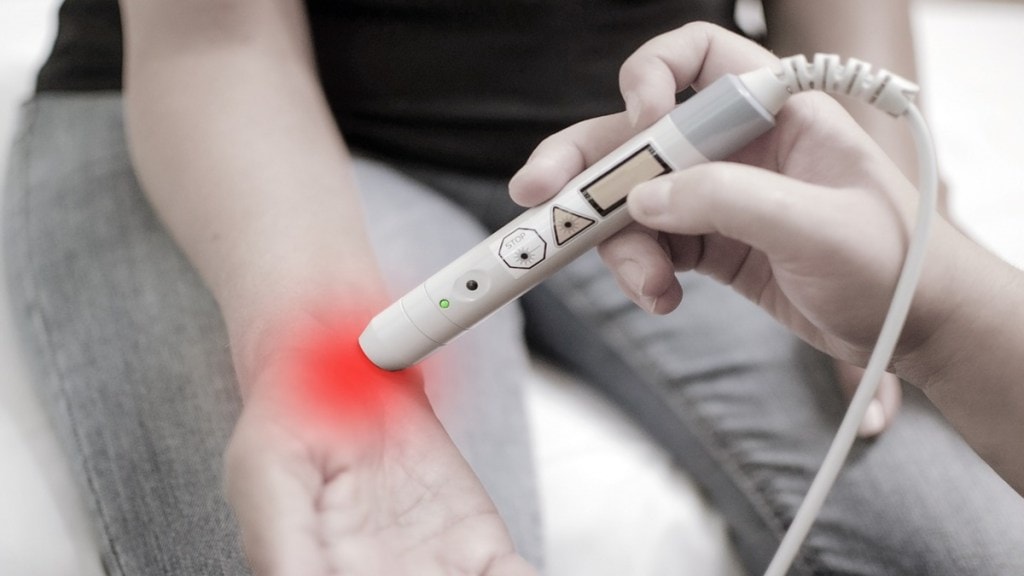GBS Outbreak: After a 59-year-old resident of Khadakwasla died due to Guillain-Barre Syndrome (GBS), the death toll of the rare neurological disorder rose to 8 in Maharashtra. The number of suspected and confirmed GBS cases in the state has risen to 205, with the detection of two new cases.
According to a report by PTI, of the total cases, 177 have been confirmed, and 20 patients are currently on ventilator support. There have been eight deaths across the state, with most of the cases reported from Pune. Recently, a 53-year-old man died from GBS in Mumbai, marking the city’s first fatality due to the rare nerve disorder.
The first case in Mumbai was detected on Saturday when a 64-year-old woman tested positive.
A Times of India report revealed that More than 200 people have been affected so far; six more cases were added on Wednesday by the state health department. Currently, Nanded gaon and nearby villages are the primary GBS outbreak zone as they have the highest number of cases.
As Maharashtra especially Pune continues to grapple with the GBS outbreak, water drawn from 72 sources in the city has been found with contamination during surveillance.
Hospital bed shortage likely?
A Times of India report has revealed that government hospitals treatment patients with GBS are “anxious” over the availability of ICU beds which is extremely important for the treatment of GBS. Since the surge began on January 5, over 100 people have been discharged but 50 patients are still in intensive care and atleast 20 are on ventilator support.
Meanwhile, families of several GBS patients are opting for government hospitals due to high treatment bills at private hospitals. It is noteworthy that a single dose of intravenous immunoglobulin (IVIG) can cost as much as Rs. 20,000.
Currently, GBS treatment is being given free of cost in Pune’s government hospitals under the state’s Mahatma Jyotirao Phule Jan Arogya Yojana (MJPJAY). Under this scheme, IVIG and plasmapheresis are also being provided free of cost. According to health officials, the financial relief has led to increase in the patient inflow. Sassoon and Navale hospitals told TOI that they are receiving GBS referrals from private hospitals and many of them are in critical condition. The hospitals informed that the ICUs of both the hospitals are running in full capacity. Moreover, while MJPJAY covers GBS treatment at private hospitals, the the cap of Rs 2.6 lakh forces families to cover expenses beyond the limit.
‘GBS seems to be more aggressive this year’
Dr Pawan Ojha, Director – Neurology, Fortis Hiranandani Hospital, Vashi told Financial Express.com that this year, GBS seems to be more aggressive, with patients experiencing rapid and severe symptoms.
“In past outbreaks, GBS typically presented as slowly progressive weakness in the legs or arms, with less than 25 percent requiring ventilatory support or life-saving interventions. However, this year, the progression is much faster, and a large proportion of patients are requiring life-saving interventions. The mortality rate in these cases is estimated to be between 5-10 percent, often due to secondary complications associated with the condition,” Dr. Ojha said.
While the situation is concerning, medical teams are working hard to manage and treat the patients, he said. “Early diagnosis, timely intervention and close monitoring are critical in improving outcomes. If GBS is detected early and properly treated with medicines like IVIG or plasma exchange, antibiotics etc., then mortality can be mostly prevented. Most cases show rapid recovery and are expected to be discharged within a week. However, quite often there are patients with more severe disease that require prolonged ICU care, and carry a higher risk of death or disability,” Dr. Ojha told Financial Express.com.
Early detection GBS is the first important step in this epidemic. “If someone suddenly faces difficulties in walking, getting up, gripping objects, lifting limbs, or experiences respiratory weakness over a few hours to days, they might have GBS. Additionally, individuals might also experience issues while talking or swallowing. If you experience pain, tingling, or numbness in the hands or legs, it could also be sign of GBS. It is advisable to seek medical attention immediately for proper diagnosis. The neurologist might advise urgent tests such as nerve conduction tests, along with a spinal fluid analysis, or MRI,” he emphasised.
Early diagnosis and treatment can significantly reduce morbidity and mortality, help to limit disability and improve outcomes.
Precaution for avoiding GBS
When eating outside, ensure food comes from hygienic places to avoid infections like Campylobacter jejuni or E. coli, which can trigger GBS, Dr. Ojha revealed.
“At home, consume thoroughly cooked food and avoid undercooked items like kebabs, as they may lead to abdominal infections that could potentially trigger GBS. It is better to be careful and practice safe and hygienic eating practices to help prevent a GBS trigger, as the disease is often life-threatening and the treatment is under prolonged admission and often very expensive,” he said.
